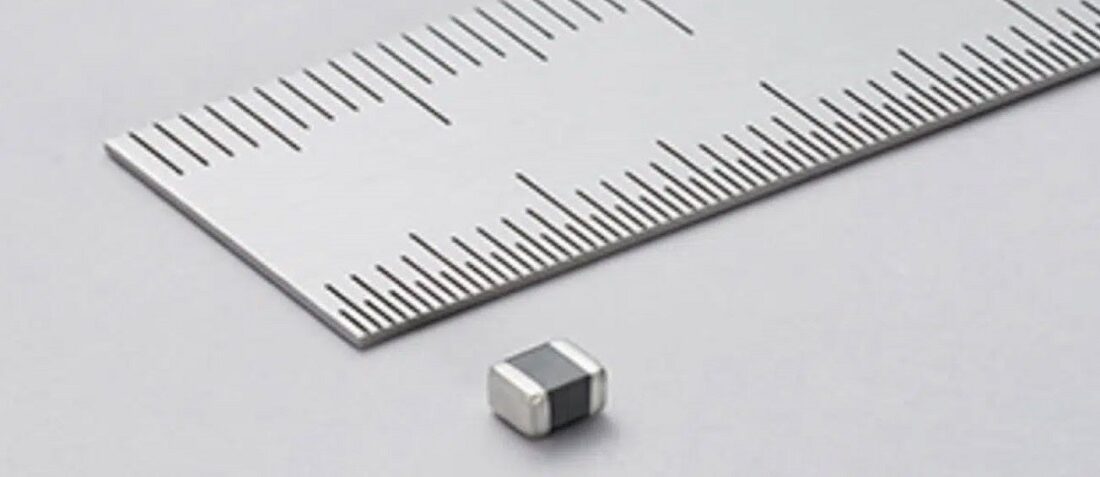
Chip Ferrite Beads with Highest Ever Current Capabilities
- Posted by doEEEt Media Group
- On December 13, 2022
- 0
Murata has introduced the BLE32SN series of chip ferrite beads with the industry’s highest current ratings.
These are the world’s first chip-type noise suppression components to have 20A current rating. They will be used to provide noise suppression in circuits with large current flows, such as the battery charging systems and powertrains of electric vehicles (EVs), as well as in industrial equipment.
Previously, no chip-type noise suppression filter could attain a 20A current rating. This meant multiple chips had to be mounted in parallel, adding to the bill-of-materials (BoM) costs and taking up valuable board real estate.
Through specifying Murata’s BLE32SN series, a small number of chips will be required* – enabling space savings and weight reductions to be achieved within implementations.
*When compared to using standard 10A-rated noise suppression chips.
By leveraging advanced structural simulation techniques, Murata engineers have successfully created a proprietary internal electrode design. This increases the electrode volume of these chips compared with those using a conventional arrangement. It has resulted in a significant lowering of their DC resistance characteristics. Consequently, heat generation is reduced, so less thermal management is needed – allowing further cost and weight savings to be benefitted.
Murata’s BLE32SN series ferrite beads have a compact form factor, with 3.2mm × 2.5mm × 2mm dimensions. They are capable of supporting an operational temperature range of −55°C to +125°C or −55°C to +150°C, depending on customers’ application requirements.
- Space-Grade components available for immediate delivery - April 10, 2025
- Exclusive stock on doEEEt: How to access and request - April 10, 2025
- Managing EEE components for LEO and lower cost space missions - December 17, 2024


0 comments on Chip Ferrite Beads with Highest Ever Current Capabilities